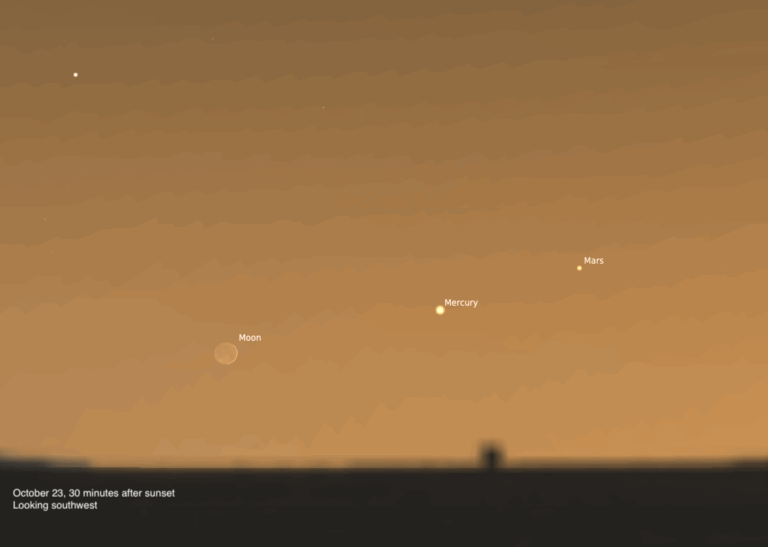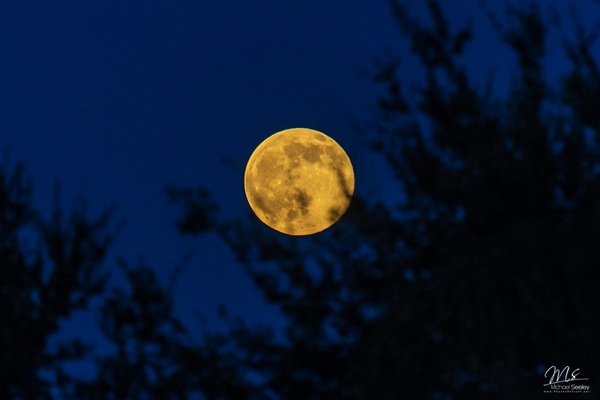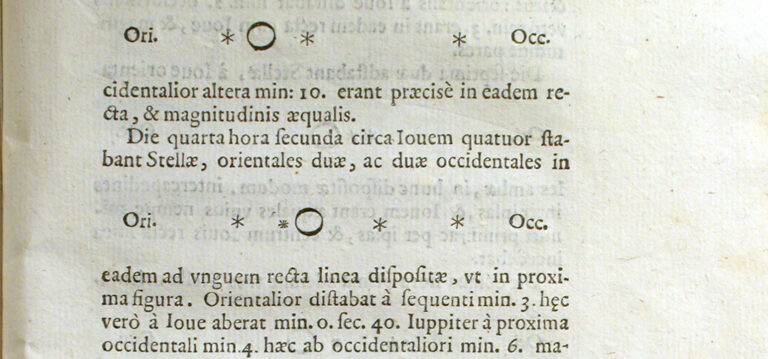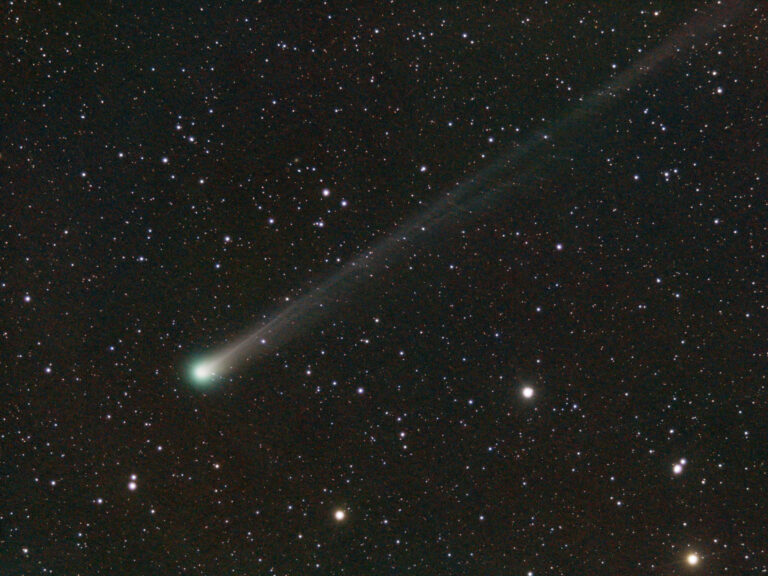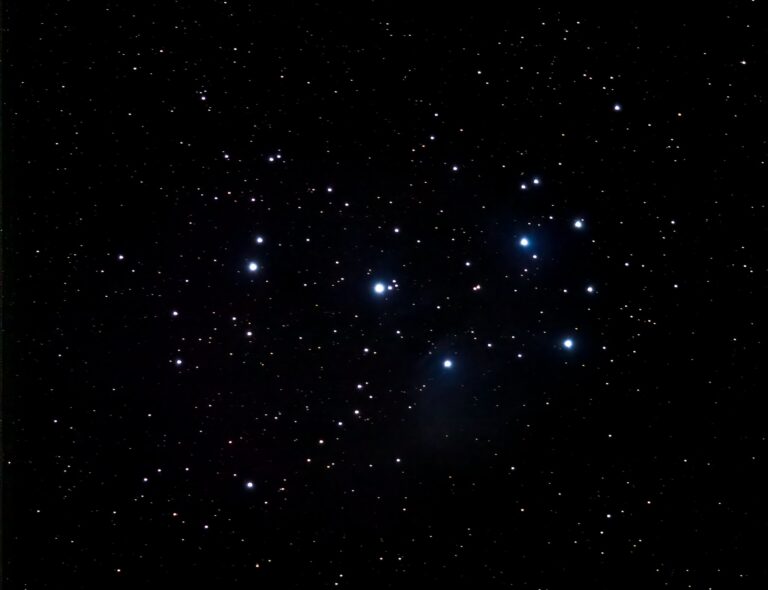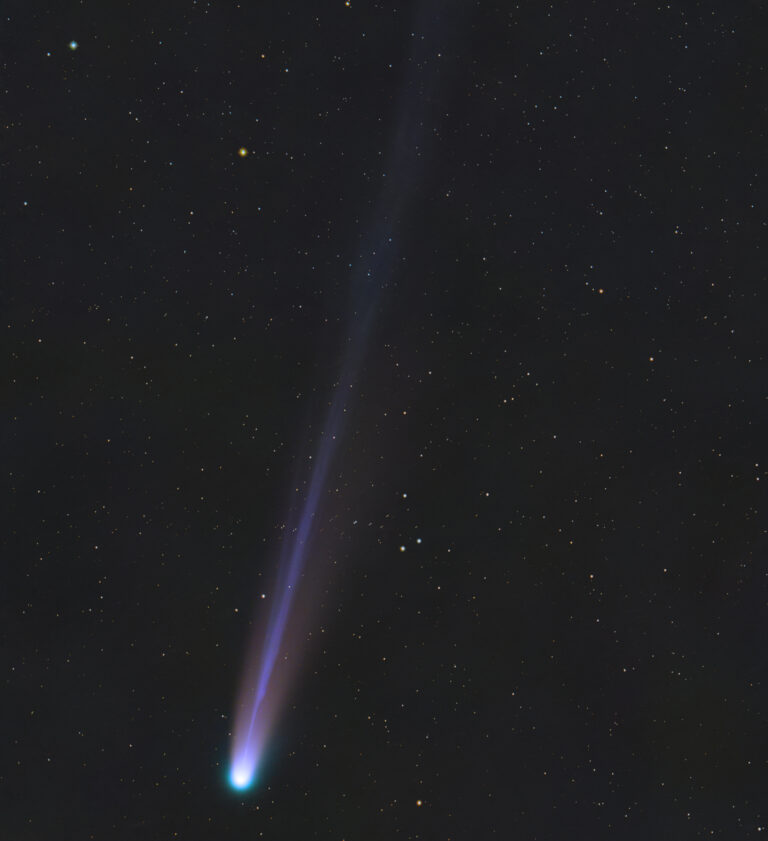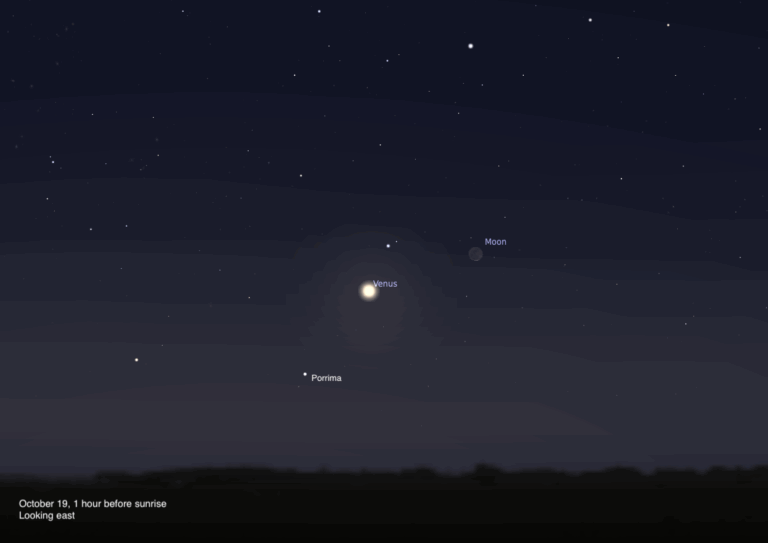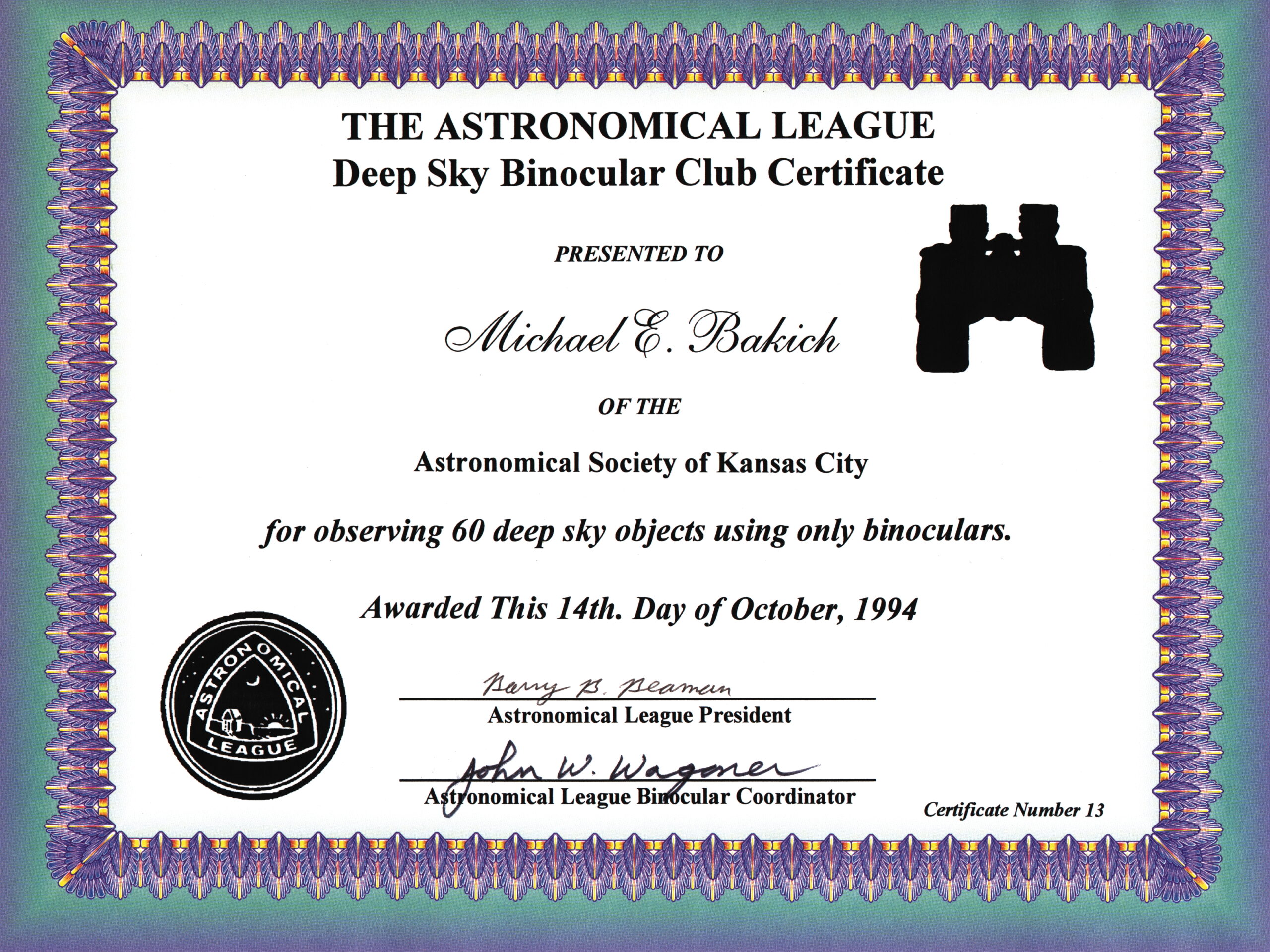
Some amateur astronomers love observing awards. They pursue them with vigor and eagerly await the appearance of the next list of objects. Other amateurs couldn’t care less about them. They would rather not be bothered filling out forms or submitting log entries, however much they may like the objects on the list itself.
Personally, I like structure. Therefore, I tend to favor observing awards, but that is if — and only if — they’re not looked upon as conferring any status upon the observer. Judging by the many e-mails I’ve seen on the subject, there is an award which is singled out by some as the one all “great” observers acquire: the Herschel 400. You can read about this on the Astronomical League’s page about it here (https://www.astroleague.org/herschel-400-observing-program/). This list has become lodged in the minds of many amateur astronomers as the “next step” once the Messier list has been completed. Fair enough. But please don’t tell me that simply because Observer A has a Herschel 400 certificate s/he is a better observer than Observer B. My experience doesn’t confirm this.
My late friend Jeff Medkeff had thought at length about this subject and made a number of excellent points: “As a keen observer of the cultural aspects of amateur astronomy, I could be tempted to go on at length about this — I won’t, though. I’ll just relate an anecdote. I can date the point at which the ‘immortal observer’ gulf first entered my consciousness almost exactly. A friend had gone to Stellafane in 1985 (I did not attend), where, the story goes, one of the attendees had acquired Halley’s Comet, very early in the apparition as many will recall, in a large telescope. A line developed, and my friend was in it. When he came to the eyepiece, he could see no comet, and said so out loud. According to his report, he was shushed by whoever was operating the scope, who was otherwise encouraging everyone to see Halley’s comet, which had, in fact, been allowed to drift out of the field quite deliberately.
“In short, an environment was created in which people were pressured to see what wasn’t there. The entrapment required that a person lie, and claim they had seen the comet, or else be abused for revealing the underhandedness of the scope operator. Since then I’ve noticed the increasing development of an observer culture which is very similar to that of high school athletes (in which some have status, others are of lesser accomplishment, and yet others simply don’t belong). Since I see amateur astronomy in many ways as an athletic hobby, this doesn’t entirely surprise me.
“Most lies in amateur astronomy bug me halfway to death. The above lie is one of them. Another lie that I have a hard time accepting is that there are standards in the hobby. I think there is nothing wrong with checking off lists or pulling off difficult observations, but the notion that these standard achievements confer status is silly.
“The single status-conferring standard that I recognize in any hobby is whether the partaker derives enjoyment from it. So if a highly structured observing plan floats your boat, then go for it. But if the boat begins to take on water, don’t hesitate to jettison the plan.”
I knew Jeff well enough to know that he thought there was nothing wrong with the awards themselves. Quite the contrary. Many observers have been coaxed back into more regular observing by lists which they found interesting. Such lists have also proven invaluable to many beginning amateurs who have absolutely no idea on which object to begin. I know this because I’ve written many stories for Astronomy magazine that feature a list of objects.
So, once again, there’s nothing wrong with the added incentive of a certificate or a pin. It can be a reminder of a wonderful time under the stars. Just don’t think yourself superior to another amateur astronomer who hasn’t completed your list(s).

